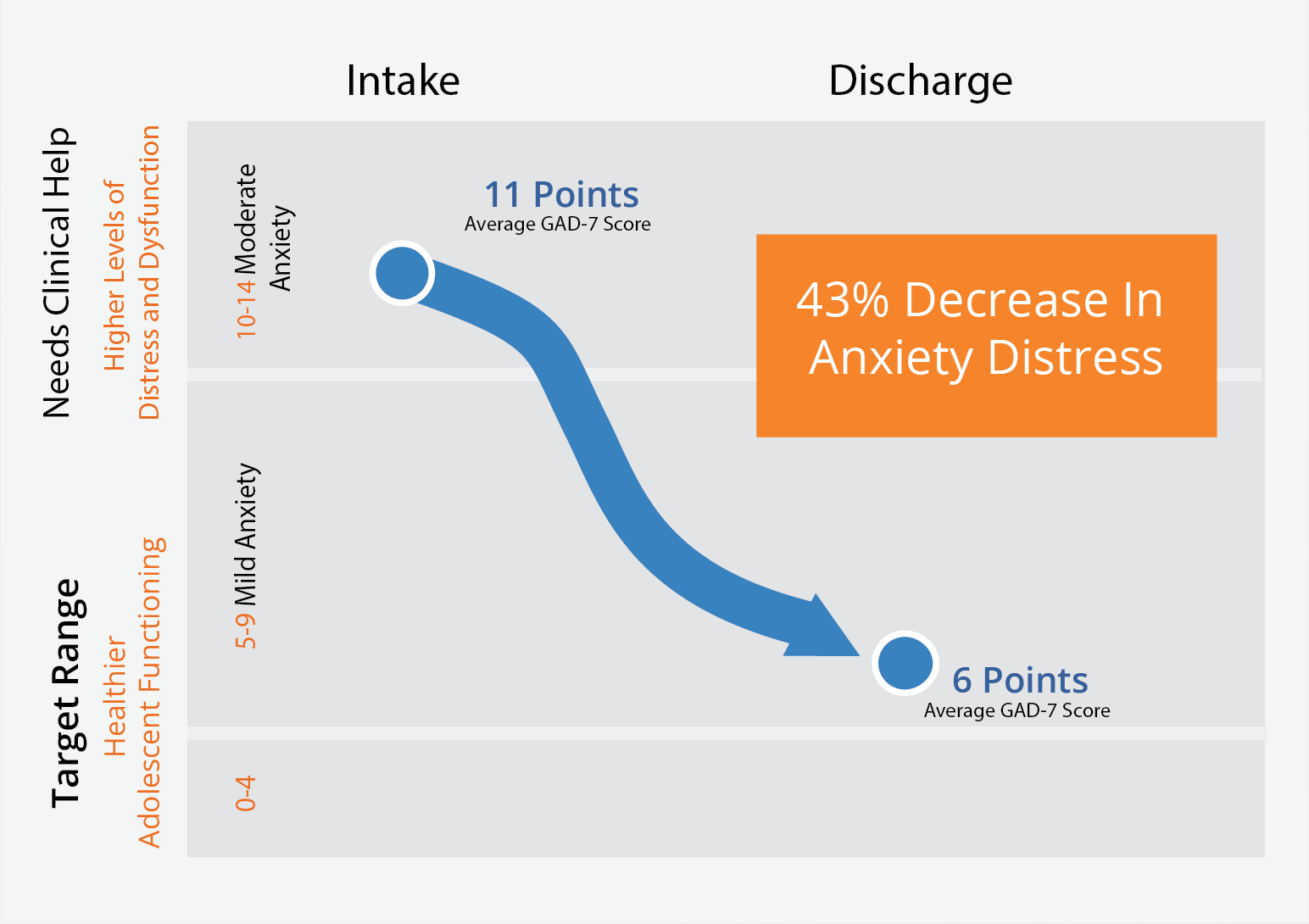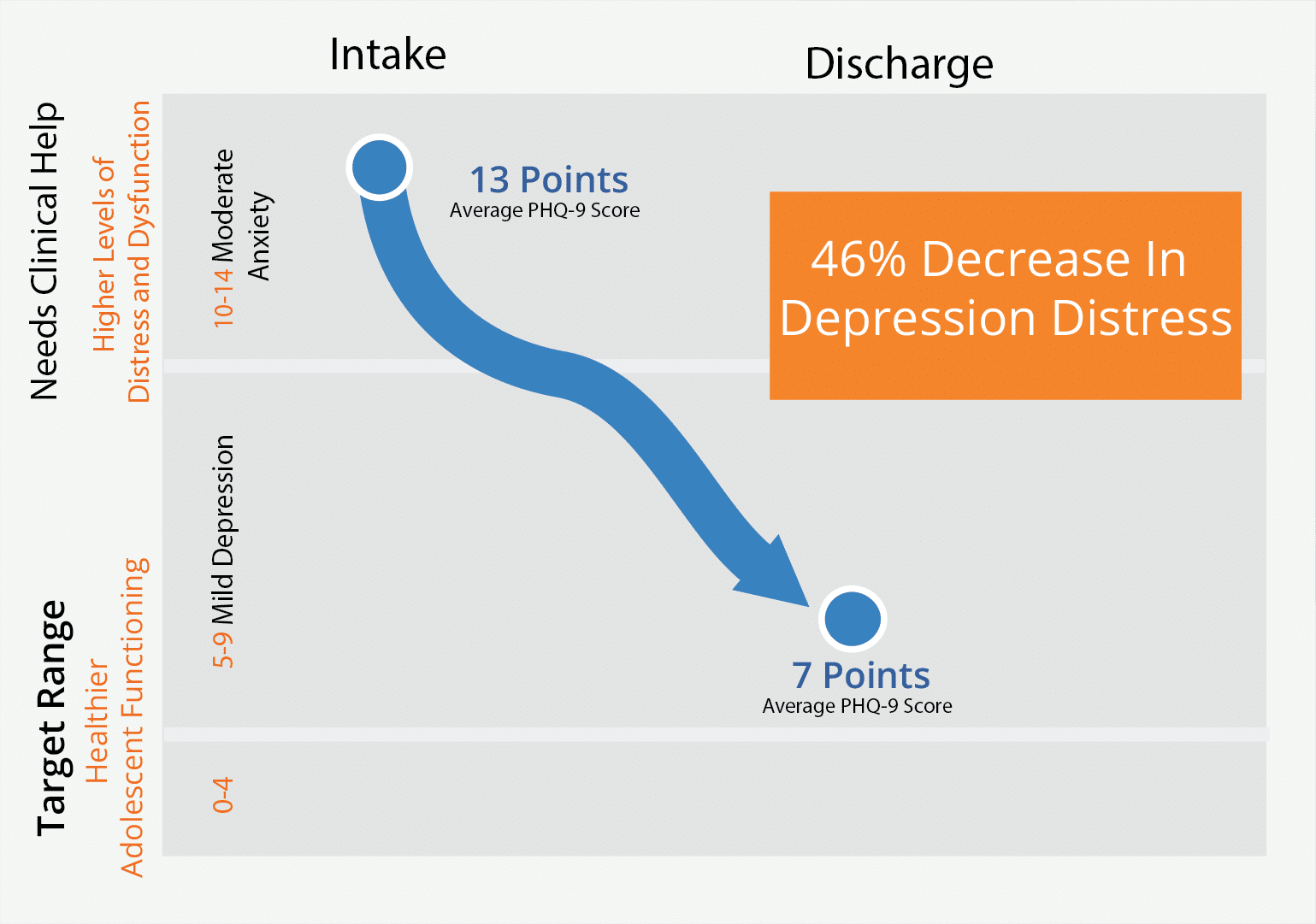
Do Residential Treatment Centers Work? Our Outcomes Say YES!
As a parent, facing your teenager's mental health crisis can be overwhelming. We understand the uncertainty and worry that comes with it as you ask, "Do residential treatment centers work?" At OASIS Ascent, we want you to know that there is hope. Our most recent outcomes paint a vivid picture of transformation and recovery. It's not just about statistics; it's about the incredible journeys of healing and growth that we've witnessed. We invite you to review our outcomes below and explore the stories of resilience, hope, and success families experienced at OASIS.
At OASIS Ascent, our dedication to providing the highest quality care for your teenager is unwavering. To achieve this, we harness the transformative potential of outcomes. Beyond mere statistics, outcomes play a pivotal role in client progress tracking, program evaluation, and continuous improvements. See how OASIS Ascent uses outcomes in the program and download your copy of our most recent outcome study.

OASIS Ascent Annual Outcomes Report
Delve into this comprehensive report detailing our utilization of outcomes, summarizing our achievements, and outlining our forthcoming research pathways.

Maximizing Your Insurance Benefits
When your child is in crisis, the last thing you need is the added stress of dealing with complex insurance processes. Our dedicated in-house Insurance Utilization Team is here to help. We understand that behind every claim is a family seeking help. Our team works tirelessly to ensure you receive the support you deserve, providing compassionate guidance throughout the insurance process.
Overview of OASIS Ascent's
Outcomes and Key Findings
OASIS Ascent students take an internationally respected, scientifically validated survey when they begin treatment; they take the same survey when they leave. A comparison of these two time-points confirms statistically significant behavior change between intake and discharge.
Outcome Tools
Outcomes and Key Findings
Anxiety Distress
Student's Average GAD-7 Score Demonstrates a 43% Improvement From Admission to Discharge
Anxiety GAD-7 Scores (lower scores are healthier)

Depression PHQ-9 Scores

Depression Distress
Student's Average PHQ-9 Score Demonstrates a 46% Improvement From Admission to Discharge
Student Diagnoses + Symptoms
Students At OASIS Ascent Programs Struggle With The Following Issues
59% - Depressive Mood Disorder
16% - Anxiety Disorder
5% - Trauma
5% - Behavioral Disorder
4% - Autism Spectrum Disorder
4% - ADHD
3% - Bipolar
2% - Other
Full Comprehensive Assessment
Students undergo a rigorous assessment process not only designed to diagnose their mental health struggles but also to identify or rule out any underlying factors that may be causing or contributing to those struggles.
Background Information
- Identifying Information
- Reason for Admission
- Problem Occurrence
- Treatment History
- Diagnoses and Medications
Assessments
- Psychological Assessment
- Psychiatric Progress Notes
- Genome Testing
- History & Physical
- Bio-psychosocial Assessment
- Nutrition Assessment
- Laboratory Studies
- Map Testing (Academics)
Treatment Plan
- Problems, Goals, and Objectives
Progress & Recommendations
- Continuing Care Recommendations
Student Feedback
Outcomes and Key Findings
At discharge, 90% of students felt satisfied
with the quality of treatment they received while at OASIS Ascent.
At discharge, 91% of Students reported that they felt physically safe while at OASIS Ascent.
At discharge, 91% of students reported that OASIS Ascent adequately addresses their therapeutic needs.
* The research methodology includes the administration of an automated survey to all Students at predetermined intervals during treatment for data gathering purposes.
Parent Feedback
Outcomes and Key Findings
At discharge, 96% of parents reported they felt their child was emotionally and physically safe while at OASIS Ascent.
At discharge, 93% of parents reported having seen positive changes in their child's problems compared to their initial entry.
At discharge, 95% of parents stated they would recommend OASIS Ascent to a friend in a similar situation.
* The research methodology includes the administration of an automated survey to all Parents at predetermined intervals during treatment for data gathering purposes.
